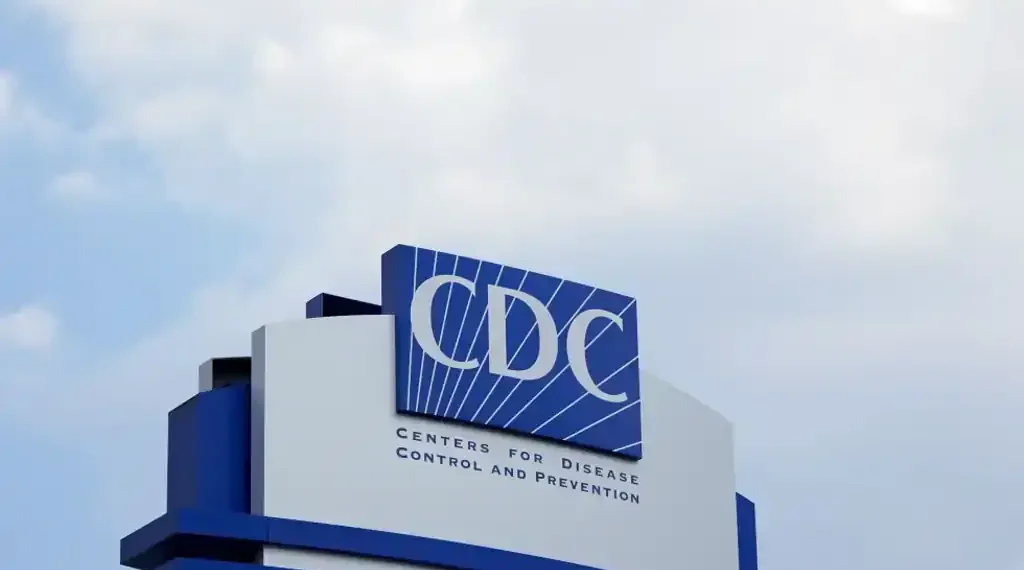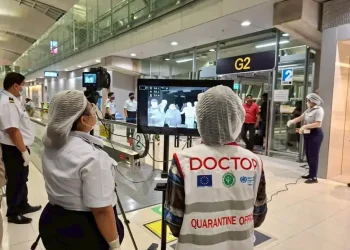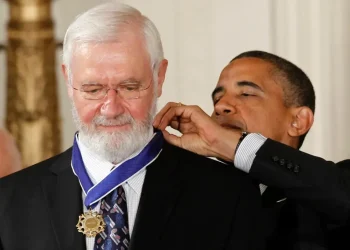CDC Excludes AMA, Other Medical Associations from Vaccine Workgroups
Writing time: August 2, 2025, 14:00 EDT
The Centers for Disease Control and Prevention (CDC) has removed over half a dozen of the nation’s most respected medical organizations from its vaccine advisory workgroups. The decision, communicated via email, has sparked concern among public health experts, who warn it may undermine the integrity and trust in U.S. vaccine policy.
Leading Medical Associations Disinvited from CDC Vaccine Panels
On Thursday, U.S. health officials notified several prominent medical organizations — including the American Medical Association (AMA), the American Academy of Pediatrics (AAP), and the Infectious Diseases Society of America (IDSA) — that their experts would no longer participate in the Advisory Committee on Immunization Practices (ACIP) workgroups.
These workgroups are instrumental in developing evidence-based vaccine recommendations for the CDC, which historically have shaped national immunization practices and insurance coverage guidelines.
Dr. William Schaffner, a prominent vaccine expert from Vanderbilt University who has worked with ACIP for decades, said the move is “distressing” and could lead to conflicting guidance between federal agencies and frontline medical professionals.
“This decision fragments what had been a unified voice on vaccination,” Schaffner said. “It will confuse both physicians and the public.”
CDC Justifies Move Citing Potential Conflicts of Interest
According to an email obtained by Bloomberg and confirmed by a federal health official, the rationale behind the decision is rooted in perceived bias. The message described the organizations as “special interest groups” that represent specific constituencies and could be expected to have “biases” in their guidance.
The CDC and Department of Health and Human Services (HHS) have not provided further details on the new composition of the workgroups or the vetting criteria for selecting members.
Some observers view the change as part of a broader overhaul of the ACIP under U.S. Health Secretary Robert F. Kennedy Jr., a controversial figure in public health who has previously promoted vaccine skepticism.
Secretary Kennedy’s Influence and the Restructuring of ACIP
In June, Secretary Kennedy dismissed all members of the ACIP, citing what he characterized as a lack of independence and undue influence from pharmaceutical companies. His replacement appointees include individuals who are openly skeptical of mainstream vaccine policies.
This marks a sharp departure from decades of precedent in which medical and scientific experts from across the field — including clinicians, researchers, and public health authorities — collaborated to form ACIP workgroup recommendations.
Retsef Levi, a newly appointed ACIP member and business professor, defended the shakeup in a Friday post on X (formerly Twitter), writing that future workgroups “will engage experts from even broader set of disciplines” and that selections will be based on “merit & expertise — not membership in organizations proven to have (conflicts of interest) and radical & narrow view of public health.”
Disinvited Organizations Push Back
In a rare joint statement, leaders from the AMA, AAP, IDSA, and several other excluded organizations denounced the decision. Other affected groups include:
- American Academy of Family Physicians (AAFP)
- American College of Physicians (ACP)
- American Geriatrics Society (AGS)
- American Osteopathic Association (AOA)
- National Medical Association (NMA)
- National Foundation for Infectious Diseases (NFID)
“To remove our deep medical expertise from this vital and once-transparent process is irresponsible, dangerous to our nation’s health, and will further undermine public and clinician trust in vaccines,” the joint statement read.
They urged HHS and CDC leadership to reconsider the decision in the interest of maintaining evidence-based, nonpartisan vaccine recommendations.
Potential Impact on Public Health Policy and Vaccine Uptake
Historically, the ACIP workgroups provided a transparent structure for incorporating expert review, public comment, and real-world clinical input into federal vaccine guidance. Members were subject to conflict-of-interest screening, ensuring that industry ties or financial incentives did not influence recommendations.
Dr. Schaffner noted that the participation of established medical organizations added legitimacy and practical insight to the process.
“Having their input ensured recommendations were not only scientifically sound but feasible in everyday practice,” he said.
Critics of the current change fear that removing longstanding institutional expertise could lead to less evidence-driven decisions, increase confusion among healthcare providers, and weaken public confidence in vaccine safety and effectiveness.
Ongoing Legal and Political Tensions
The recent decision is the latest flashpoint in growing tensions between federal health authorities and the medical establishment. In July, three of the disinvited groups joined a lawsuit challenging the government’s new policy, specifically the controversial move to stop recommending COVID-19 vaccines for most children and pregnant women.
That lawsuit remains pending and has added to concerns that vaccine policymaking is becoming more politicized under the current administration.
What Comes Next for Vaccine Policy in the U.S.?
At the time of writing, HHS and CDC have not disclosed who will replace the medical experts on the ACIP workgroups or what new criteria will guide vaccine policy recommendations. The future structure of U.S. immunization guidance remains unclear.
In the absence of clear communication, leading medical associations are calling for transparency and accountability, warning that excluding science-based organizations from the process could lead to lower vaccine uptake and increased public health risks.
Until more is known, the exclusion of these organizations marks a significant turning point in how vaccine policy is formed in the United States — one that may reshape the future of public health for years to come.
This article was rewritten by JournosNews.com based on verified reporting from trusted sources. The content has been independently reviewed, fact-checked, and edited for accuracy, neutrality, tone, and global readability in accordance with Google News and AdSense standards.
All opinions, quotes, or statements from contributors, experts, or sourced organizations do not necessarily reflect the views of JournosNews.com. JournosNews.com maintains full editorial independence from any external funders, sponsors, or organizations.
Stay informed with JournosNews.com — your trusted source for verified global reporting and in-depth analysis. Follow us on Google News, BlueSky, and X for real-time updates.












